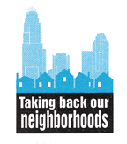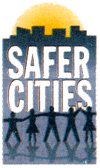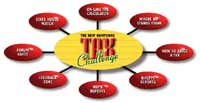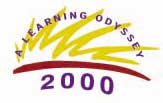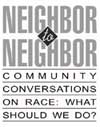1993 Pew Projects
Illinois Voter Project, Chicago, IL 1993
Partners:
University of Illinois
League of Women Voters
The partners teamed up for the Illinois Voter Project (IVP), an effort to make election coverage more issues-focused and responsive to voters rather than candidates. The university conducted a statewide opinion survey before the March 1994 primary to determine citizens’ major concerns. In June, the partners began a series of 14 focus groups designed to refine those findings, identifying in greater detail what citizens see as problems in their communities and possible solutions.

